Permission to Complain
November 11, 2014
Christian women have a tendency to seek permission before expressing frustration. Perhaps it’s a non critical embrace of the biblical exhortation to “do everything without complaining or arguing” (Phil. 2:14); or it is in idealizing an attitude of sacrifice, we have learned to suppress the urge to vent unhappiness in our lives. Complaining about coworkers, husbands, children, and neighbors is regarded as gossip. Blowing off steam about the daily grind of chores or work-related woes is shamed as whining. The standard for godliness is a woman who can discipline the tongue, who uses their words to uplift, encourage, and speak life into others. We equate faithfulness with positivity, optimism, an everything-will-be-fine veneer, leaving in the wake a trail of women for whom everything is certainly not fine. Christian culture is frightened of women who are negative, cynical, and openly crass in their critique of church and life. When bad things happen, we often only hear the testimonies of women who have crossed over the valleys. The dark stories are told in retrospect, after the triumph over pain. Those who are drowning in sorrow or raging in bitterness are not painted as heroes of the faith.
It’s as if in our fervent attempt to live out a gospel of life, we have forgotten there must first be death.
When my children come to me feeling sick, it is always a challenge to figure out where it hurts. Before they have learned the words for “headache”, “sore throat”, or “dizziness”, they are only capable of vaguely pointing and groaning in response. In the same way, the church today lacks a language of lament, without which we cannot properly diagnose our ills. Until then, the positivity gospel remains a band-aid covering superficial wounds while the infection takes root.
The language of lament is a gift we have been given in Scripture. In fact, about one third of the Psalms are considered songs of lament. Old Testament scholar Walter Brueggemann, in his writing “The Costly Loss of Lament”, describes two consequences to the modern church of our systematic removal of the language of lament. First, a loss of genuine covenant interaction, and second, a diminished capacity to raise questions of justice.
A language of lament gives us permission to speak aloud, to name what it is in our lives that is hurting us. This is harder than it sounds. A history of repressing negativity has sometimes crippled our ability to pinpoint pain in our lives. Like children, we need to be taught the words and learn to connect them to real life experience. We need to practice calling out what hurts without fear of being judged or shut down. This looks like sitting in the presence of a friend who is hurting, and listening without rushing in with platitudes, Scripture verses, or possible solutions. It means giving people space to voice doubt and anger, even if they are directed against what we consider sacred. The Psalms reveal a God who can handle the sharpest of critiques; we need not come to God’s defense.
Let’s allow those who wallow in pain to have a voice as they suffer, not just after they have suffered. It is very uncomfortable to be in the presence of pain; this is why society has designed so many distractions to keep us from feeling depressed. By giving each other the permission to lament, we are able to enter into deep, authentic sharing. The biblical model of lament demonstrates the way to building a covenantal relationship. As the psalmists are able to express their suffering and evoke the action of God, so their honesty and God’s intervention become building blocks of authentic relationship. If all we have to offer each other, and God, is praise and thanksgiving, we rob our community of life without pretense. All that’s left is denial and a mere shadow of our true selves.
People who are systematically oppressed become oblivious to their own victimization. If we ball up our fists long enough, our hand muscles no longer remember how to unclench. The freedom to express anger is the first step towards justice. Brueggemann’s second cost to a loss of lament addresses this issue. Women and girls around the world suffer from some of the gravest injustices, from the severe repression of extremist regimes to the insidious patriarchal attitudes inherent in culture. If we do not claim the right to lament, we ensure the continued suffering of future generations. Lament empowers us to challenge the status quo and demand wrongs be made right. Like learning to authentically share our pains and struggles with friends over coffee, we also need practice in confronting authority structures when they harm the people they claim to protect. This could look like children venting frustration at their parents, congregants challenging the church board, or citizens protesting the government. Lament is a tool for the powerless.
Anger directed from the powerful to the powerless can be destructive. When my children irritate me, my anger against them is something to be cautioned against because I am in the position of power. In the reverse direction, however, anger can be lament, an urgent plea for the strong to listen to the voice of the weak. When my children express anger towards a family decision made without their permission, it is time for me to listen and respond to the lament. Lament equalizes power so the powerless are freed to petition for change and the one in power is liberated from tyranny. The biblical precedent of lament is a fierce voice demanding nothing less than Divine intervention.
We are given permission; we just need to take it.
Covenantal relationships and meaningful social change takes time. In our modern age of quick-fixes and snappy solutions, we have lost the art of slow lament. We are unwilling to sit in the discomfort of complaining for an extended period of time before rushing forward to the redemptive, happy ending. Our proclamation of hope shines bright as the sun, yet ends up dulling the flickering lights from the hearts of individuals gasping for breath.
Reclaiming a language of lament in the church is an opportunity to recognize the slow, laborious work of bringing to surface our hidden pain. It enables us to travel the long road to healing and wholeness together in community.
